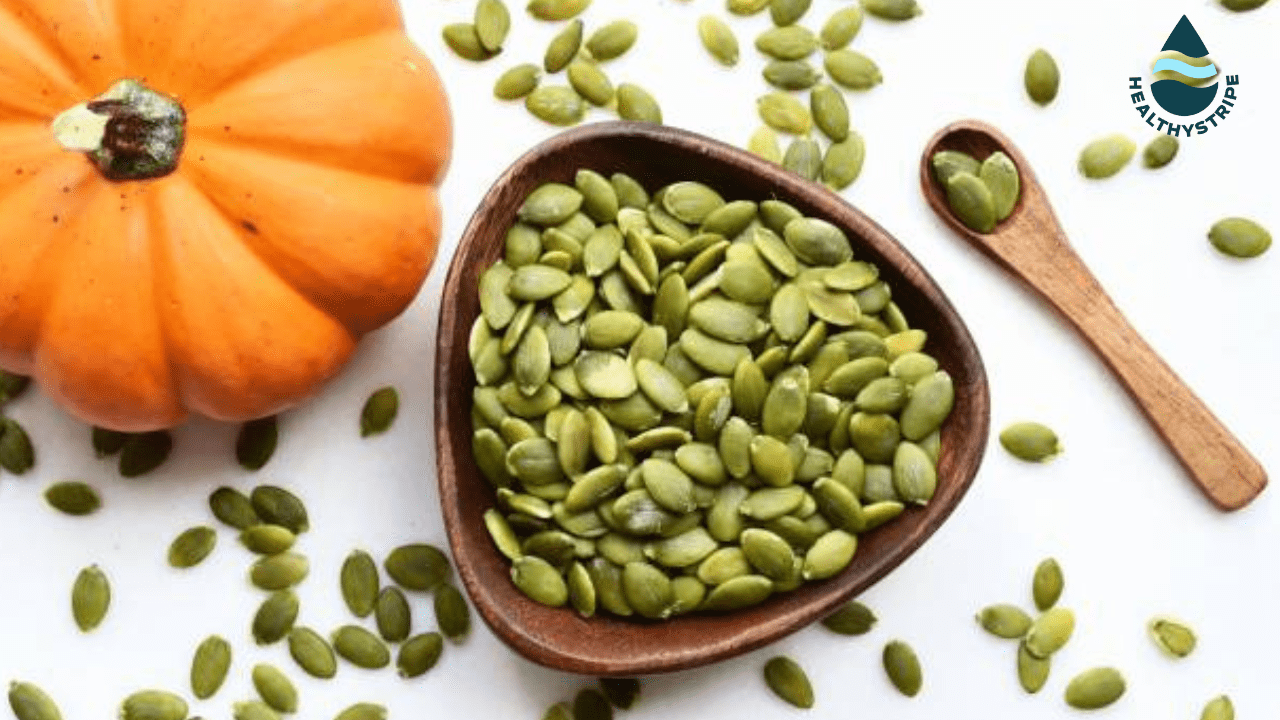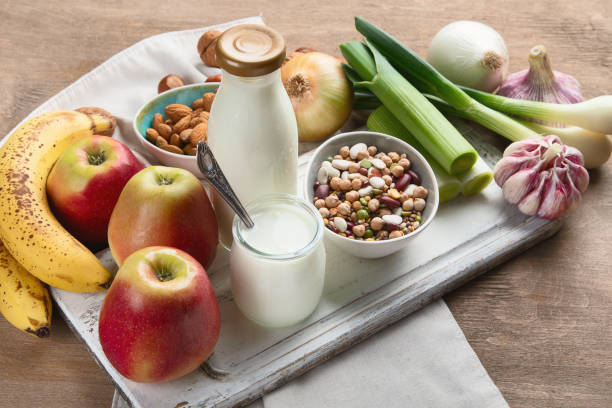
Imagine a way of eating that not only delights your taste buds but also nurtures your body. That’s the essence of the Mediterranean diet, inspired by the sun-kissed regions of Greece, Italy, Spain, and France. It’s about relishing the natural flavors of fresh, wholesome ingredients. Think crisp veggies, juicy fruits, and the occasional treat like seafood or a glass of red wine. It’s not just about food; it’s about a healthier heart, fewer health worries, and a potentially longer, more vibrant life. Let’s explore the simple joy and well-being that the Mediterranean diet can bring
What is the Mediterranean diet?
Explore the enchanting allure of the Mediterranean diet, a centuries-old culinary tradition deeply rooted in the sun-soaked landscapes of Greece, Italy, Spain, and France. It represents a joyous homage to pure, genuine ingredients that explode with a vivid array of colors and a harmonious blend of flavors, awakening every facet of your senses.
This nutritional regimen takes you on a profound inner journey, with a steadfast emphasis on the rich offerings of plant-based nutrients such as crisp vegetables, succulent fruits, and fragrant herbs. To heighten the sensorial experience, the Mediterranean diet thoughtfully incorporates modest servings of seafood, poultry, dairy, and the occasional indulgence of a glass of red wine.
Yet, beyond the sheer delight of taste, this lifestyle has drawn global fascination for its potential health merits, which encompass a reduced risk of heart disease, select cancers, and the prospect of a longer, more vibrant existence.
At its essence, the Mediterranean diet is an exquisite composition of nourishing fare that not only pleases your palate but also rejuvenates your body—a genuinely captivating way of life.
Imagine savoring the rustic Italian pasta dish’s earthy flavors while it is garnished with fresh basil and veggies that have been exposed to the sun. Opting for the Mediterranean diet involves embracing a wealth of plant-based foods while also incorporating limited quantities of fish, chicken, dairy items, and red wine. By embarking on this dietary path, you embark on a voyage that not only pleases your taste buds but also enhances your overall well-being.
Exploring the Benefits of the Mediterranean Diet
The Mediterranean diet has captured the attention of health-conscious individuals throughout the globe, and for good reason. This eating pattern, which was influenced by the regional food of Mediterranean countries, offers several benefits that go far beyond gastronomic satisfaction. Let’s examine the incredible advantages of a Mediterranean diet.
- Heart Health: The Mediterranean diet is very beneficial for your cardiovascular health. One of its most significant advantages, as recently covered in a recent study, is that this diet helps lower blood pressure, “bad” LDL cholesterol levels, and the risk of developing heart disease. A formidable combination for heart health includes foods like olive oil, nuts, and fatty fish, as well as whole grains, fruits, vegetables, and legumes.
- Reduced chance of Chronic Disease: Reduced risk of Chronic diseases, including type 2 diabetes, a number of cancers, and neurological problems like Alzheimer’s. Omega-3 fatty acids from fish and healthy fats from olive oil, as well as the antioxidants and anti-inflammatory characteristics found in fruits, vegetables, and herbs, all contribute to these positive benefits.
- Weight loss: The goal of the Mediterranean diet is to find the right balance between eating healthfully and enjoying your food; strict regimens are no longer required. How? The key is to embrace complete, unprocessed foods, eat a lot of fiber-rich plant-based foods, and pay attention to portion proportions. The frosting on the cake is that nutrient-dense meals with satiating fats and proteins make you feel as though your body is saying, “Hey, I’m full!” You’ll be less inclined to overindulge if you do it this way. It’s almost like a healthy method to maintain balance while still enjoying every morsel.
- Better Mental Health: According to a new study, eating a Mediterranean diet may improve one’s mental and physical health. Due to the range of nutrients it provides, including B vitamins, antioxidants, and omega-3 fatty acids, this eating pattern is thought to enhance brain function and reduce the risk of depression and cognitive decline.
- Longevity: People in the Mediterranean region are known for living longer than the average, and guess what might be part of the secret? Yep, you guessed it—the Mediterranean diet. It’s like a puzzle piece in the whole picture of a healthier, longer life. You see, their way of living, with super-nutritious meals, regular physical activity, and lots of quality time with friends and family, seems to work like a charm. It’s like they’ve figured out this awesome recipe for boosting overall health and adding some extra years to the clock.
Adopting a Mediterranean diet is a delightful and long-lasting way to nurture your body and enjoy a host of health advantages. You may enjoy the benefits of this healthful style of eating while promoting your long-term well-being by putting an emphasis on fresh, whole foods, including a diversity of flavors, and enjoying meals with loved ones.
Foods to eat and diet recipes for the Mediterranean diet
The Mediterranean diet offers a variety of mouthwatering and healthy items to choose from. An expanded list of acceptable items for the Mediterranean diet is provided below:
- Fruits: Include a selection of fresh fruits such as melons, berries, apples, oranges, grapes, pears, and peaches. These colorful jewels are brimming with vitamins, minerals, and antioxidants that advance general wellness.
- Vegetables: Embrace the vibrant world of veggies, including bell peppers, eggplants, tomatoes, cucumbers, broccoli, kale, spinach, and zucchini. These nutrient-rich miracles offer fiber, vitamins, and phytochemicals to complement each other.
- Whole grains: Choose whole grains over processed grains since they provide more fiber and minerals. Include things like bulgur, full-grain pasta, brown rice, quinoa, oats, and barley. These complex carbs give off energy over time and support stable blood sugar levels.
- Legumes: They are a great source of plant-based protein, fiber, and vital minerals. Legumes include chickpeas, lentils, beans (including pinto, kidney, and black beans), and peas. They may be used in salads, side dishes, soups, and stews.
- Nuts and Seeds: Almonds, walnuts, pistachios, cashews, flaxseeds, chia seeds, and sesame seeds are just a few examples of the nutritious nuts and seeds you may eat. They are loaded with protein, fiber, heart-healthy fats, and a variety of vitamins and minerals. You may eat them as snacks, add them to salads, or top yogurt or muesli with them.
- Fats: Stress the importance of consuming healthy fats, mainly from extra virgin olive oil, which is the mainstay of the Mediterranean diet. Avocados, olives, and almonds are additional sources of good fats. These oils supply monounsaturated fats.
- Fish and fatty foods: Include fatty fish like tuna, salmon, sardines, mackerel, trout, and other sources of omega-3 fatty acids in your diet of fish and seafood. Omega-3 fatty acids are well known for their cardiovascular advantages and may help lower the chance of developing chronic disorders. Fish should be eaten at least twice a week.
- Poultry: Lean poultry options, such as chicken and turkey, are a good source of high-quality protein. To consume less saturated fat, remove the skin. Instead of frying, choose recipes that are baked, grilled, or roasted.
- Dairy: Consume dairy products in moderation, concentrating on Greek yogurt and cheese as examples. Greek yogurt is a high-protein food that can be eaten for breakfast, as a snack, or as a component of sauces and dressings. Select cheese variants with less salt and choose moderation.
- Spices and herbs: To increase flavor and give your food a healthy twist, season all of your dishes with a variety of herbs and spices. Basil, oregano, thyme, rosemary, parsley, garlic, cumin, and turmeric are typical Mediterranean herbs and spices. They enhance foods with depth and complexity without using excessive salt or harmful sauces.
- Sweets: Enjoy sweets that fit the Mediterranean diet while still satisfying your sweet craving. Choose seasonal fruit salads that are fresh, or make a Greek yogurt parfait with berries and honey drizzle. For a naturally sweet treat, try baking apples that have been filled with almonds and cinnamon or creating almond date balls. A quick and luxurious alternative is grilled peaches with Greek yogurt and a dash of cinnamon. Keep in mind that you should consume these treats in moderation as part of a healthy diet.
You may provide your body with a variety of nutrients by including these Mediterranean diet-friendly foods in your regular meals, and you can also enjoy the mouthwatering delights of this well-known eating style.
Also Read: Detox Diets: Diet Plan, Benefits And How Do They Work
Mediterranean Diet and Weight Management
The following essential components of the Mediterranean diet can aid with weight management:
- Whole Foods: Emphasizes natural, unprocessed foods that are low in calories and high in fiber, increasing satiety and preventing overeating, such as fruits, vegetables, whole grains, and lean meats.
- Balanced macronutrients: Emphasizes a ratio of lean proteins, complex carbs, and healthy fats that will provide you with long-lasting energy and satisfaction.
- Healthy Fats: Olive oil, almonds, and fatty fish are examples of sources of healthy fats that add flavor, promote fullness, and can reduce cravings.
- Portion Awareness: Encourages thoughtful eating and portion management, making it easier to recognize when you are full and limiting your intake of calories.
- Focus on plant-based foods: emphasize meals that are richer in fiber and lower in calories, boosting food volume without dramatically raising calorie consumption.
It’s crucial to remember that every person has different calorie requirements and weight reduction objectives. It is advised to generate a calorie deficit while adhering to the guidelines of the Mediterranean diet if you want to lose weight. For obtaining and maintaining a healthy weight, it’s also essential to combine regular physical exercise with a balanced diet. Your weight loss journey with the Mediterranean diet might benefit from personalized advice and assistance from a healthcare practitioner or certified dietitian.
Conclusion
In conclusion, the Mediterranean diet encompasses a comprehensive lifestyle that promotes health and aids in weight management, not simply the foods you eat. It’s a way of life rather than just a straightforward dietary regimen. The Mediterranean diet establishes a
strong basis for a healthy weight and general well-being by emphasizing whole foods, a balance of nutrients, healthy fats, monitoring portion sizes, and embracing plant-based eating. This diet is a wonderful option if you’re looking for a realistic, long-term strategy to maintain your weight. It is adaptable, allows you to savor your meals, and is long-lasting. So why not try it out? When you follow the Mediterranean diet, you are nourishing and savoring your body.
Is the Mediterranean diet similar to the Indian diet?
The Mediterranean diet and the Indian diet have certain characteristics, such as a focus on whole foods, vegetables, legumes, and spices, but they also differ in terms of certain ingredients, cooking techniques, and ethnic culinary preferences. Indian cuisine employs a wider variety of spices, lentils, and grains like rice and wheat, whereas the Mediterranean diet includes more fish, olive oil, and dairy. Plant-based foods are heavily emphasized in both diets.
What foods are not allowed on the Mediterranean diet?
The Mediterranean diet primarily discourages the consumption of processed and refined foods, including sugary snacks, processed meats, refined cereals, and meals high in saturated fats.
Is a Mediterranean diet the same as vegetarianism?
No, a vegetarian diet and a Mediterranean diet are not the same. Both emphasize plant-based meals; vegetarianism forgoes all meat and seafood, whereas the Mediterranean diet includes modest amounts of fish, chicken, dairy, and occasionally red wine.
Are there any potential risks or considerations associated with the diet?
People with specific food allergies or intolerances should be aware of their dietary limitations in order to maintain a healthy weight and meet their nutritional needs.
Is the Mediterranean diet healthy?
The Mediterranean diet is often viewed as a healthy eating plan, and this is accurate. It has been associated with several positive health effects, including a decreased risk of heart disease, fewer cancers, and improved overall health. Since it emphasizes whole, unprocessed foods, an abundance of fruits and vegetables, healthy fats, and moderate consumption of lean proteins, it is a nutritious and well-balanced style of eating.









